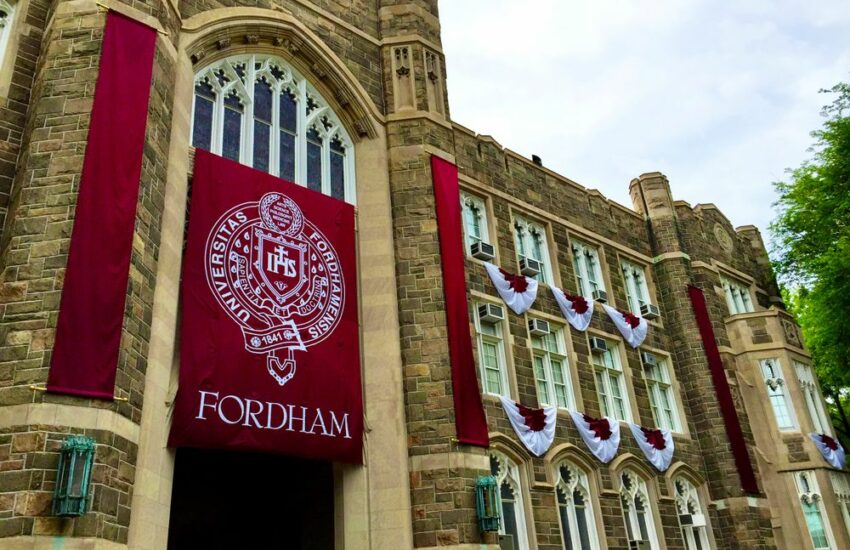Digital Collection Spotlight: Political & Religious Pamphlets of the Italian Unification, 1815-1871
By Gabriella DiMeglio, Library Intern & MSLIS Student
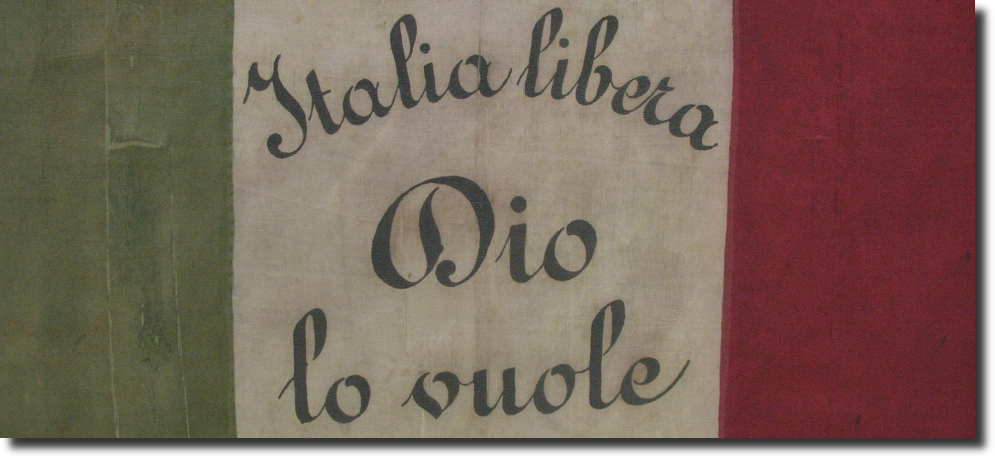
One of many noteworthy collections which have been made available online through the Fordham University Libraries Digital Collections is the Political and Religious Pamphlets of the Italian Unification, 1815-1871. This collection is made up of approximately 1,600 short printed pamphlets, 915 of which are currently accessible digitally.
The majority of the 915 pamphlets which are currently available to be viewed online were digitized by the Internet Archive and the Culture in Transit project. This project was made possible by the 2015 Metropolitan New York Library Council – METRO Digital Conversion Grant Program.
By creating the Political and Religious Pamphlets of the Italian Unification, 1815-1871 digital collection, Fordham Libraries hopes to make these records more accessible for researchers who are interested in studying this critical period of Italian national history.
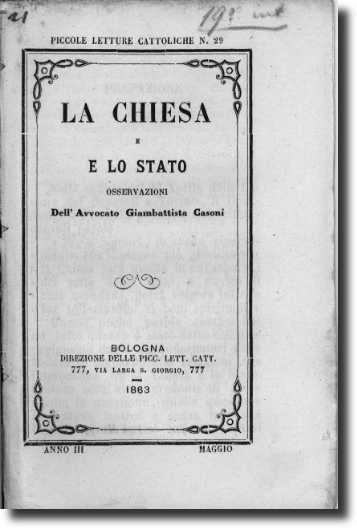
Collection Background
Provenance markings on a majority of the pamphlets point to previous owner Cardinal Carlo Luigi Morichini (1805-1879), who was active in Rome, Jesi, and Bologna during the 19th century. Also known as the Risorgimento, this period of Italian national history was characterized by a number of social, political, and theological controversies. The collection of records gathered by Morichini showcases the Catholic Church’s response to these developments, thus offering a unique opportunity to study the political movement through a religious lens.
Cardinal Carlo Luigi Morichini was ordained Bishop of Jesi in 1854. He had served in several administrative, ministerial and diplomatic posts in the Papal States before his ordination. He served as an administrator of several charitable institutions and hospitals in Rome and elsewhere and had an interest in the spiritual care of the poor, prison reform and education. He was also an important figure in the financial administration of the Papal States during a period of fiscal crisis and was involved in creating savings and loan institutions (Casse di risparmio) which were meant to help the poorer classes save money and improve their financial situation. Morichini’s special interest in charitable institutions is reflected in this collection. Researchers can explore the history of various hospitals, prisons, schools, and financial organizations founded to benefit the poor which were active in Italy during this time.
Pamphlets in the Collection
More examples of pamphlets spanning a variety of topics include:
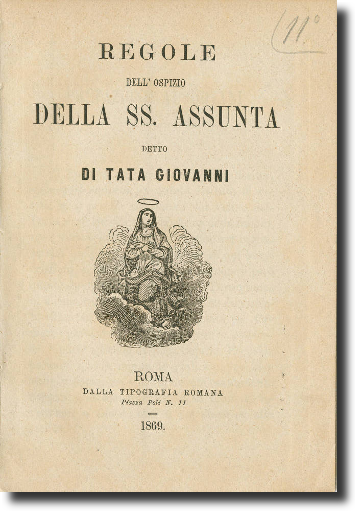
Regole dell’Ospizio della Ss. Assunta detto di Tata Giovanni
Translation: Regulations of Rome’s Ospizio di Tata Giovanni
This pamphlet contains the rules and regulations for the Ospizio di Tata Giovanni. The organization, founded by Giovanni Borgi, provided vocational education for poor and orphaned young men in Rome during the 19th century.
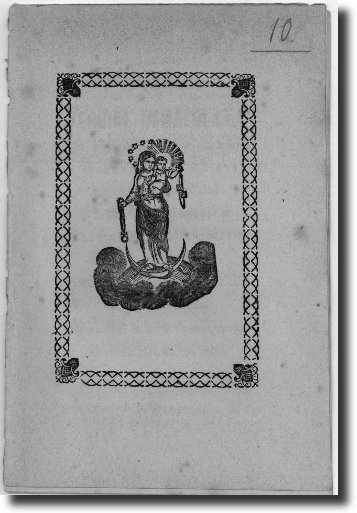
Affetti a Maria / [Vincenzo Castelli]
Translation: Affections to Maria / [Vincenzo Castelli]
This pamphlet from Vincenzo Castelli contains a poem dedicated to the Virgin Mary. A central figure in the Catholic religion, Mary was celebrated during this time for her honor and piety. Castelli signs off on his poem as “il tuo amante,” “your lover,” praising the Virgin Mother for her beauty and regality.
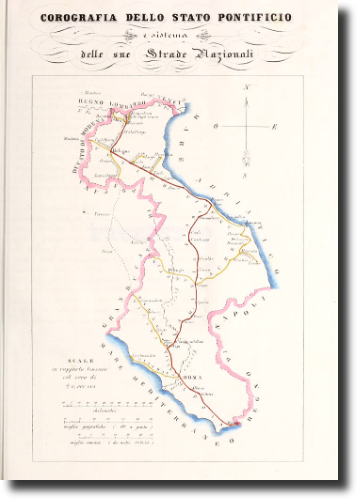
Statistica delle strade nazionali
Translation: Statistics of the national roads.
This map is part of the pamphlet titled Statistica delle strade nazionali. The map shows the roads of the Papal States, which would become the strade nazionali, or national roads, with the establishment of the Kingdom of Italy.
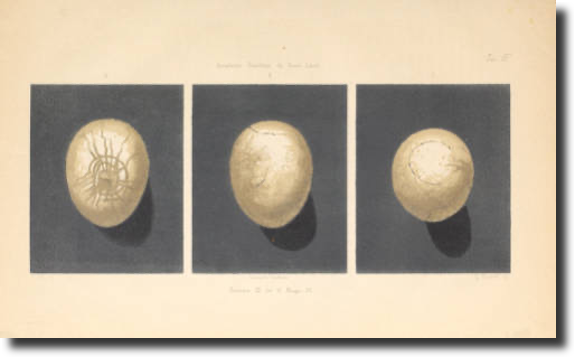
Strani fenomeni osservati sull’uovo di gallina : memoria / del cav. prof. Vincenzo Diorio
Translation: Strange phenomena observed on the chicken egg : memory / by cav. prof. Vincenzo Diorio
This illustration comes from a pamphlet with a scientific focus. Vincenzo Diorio reports his observations on chicken eggs, an extract from the papal scientific journal Atti dell’Accademia Pontificia de’ Nuovi Lincei.


